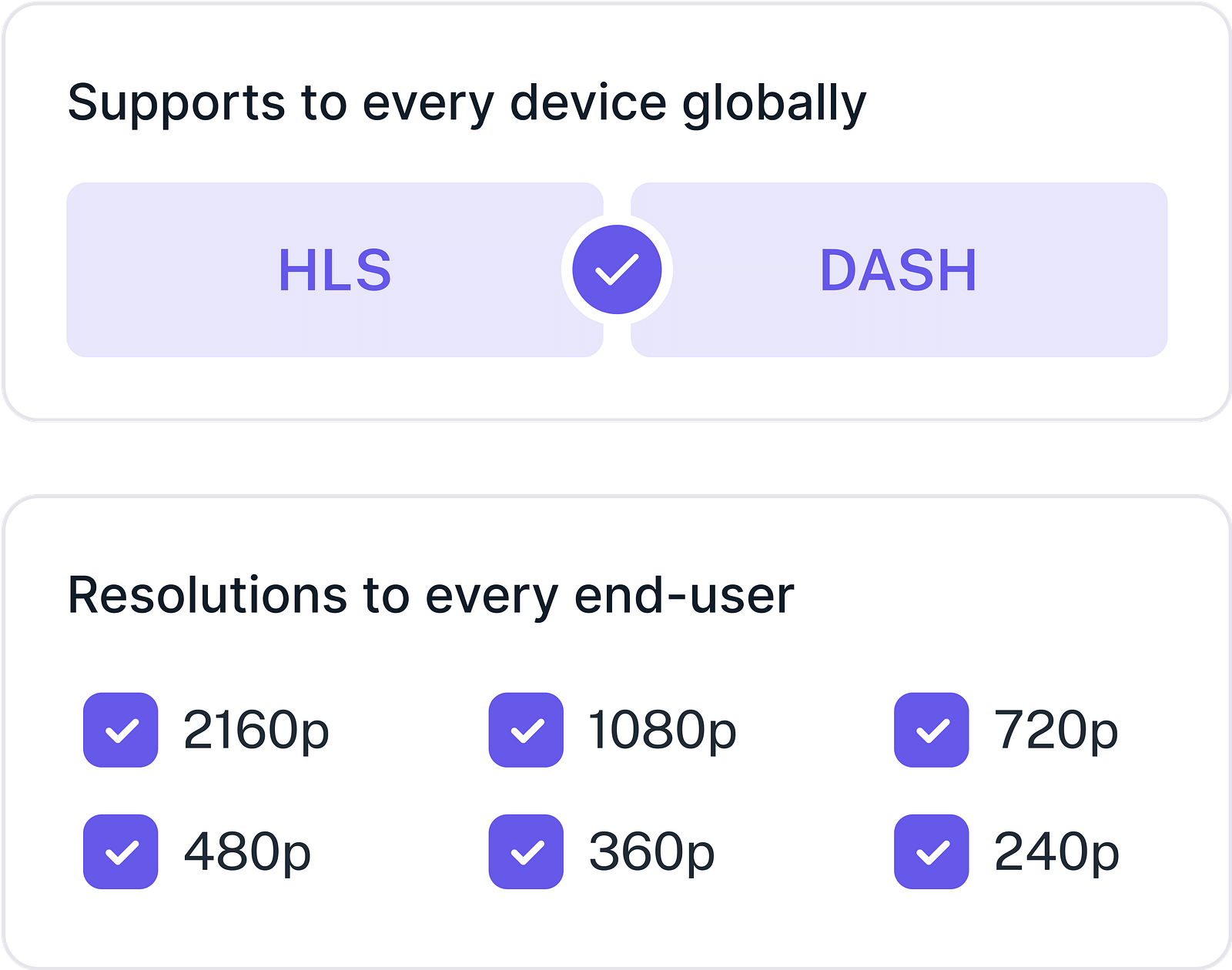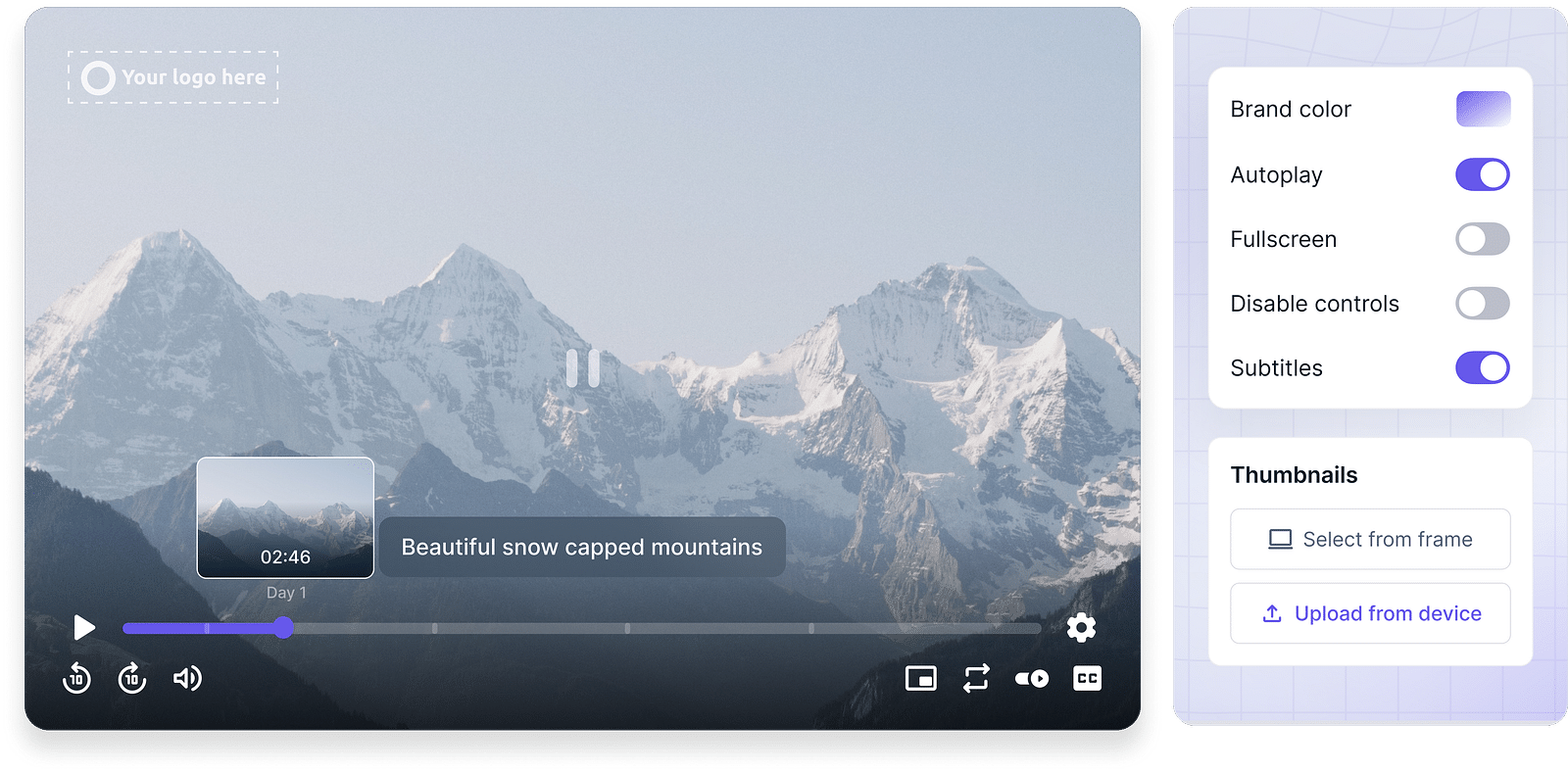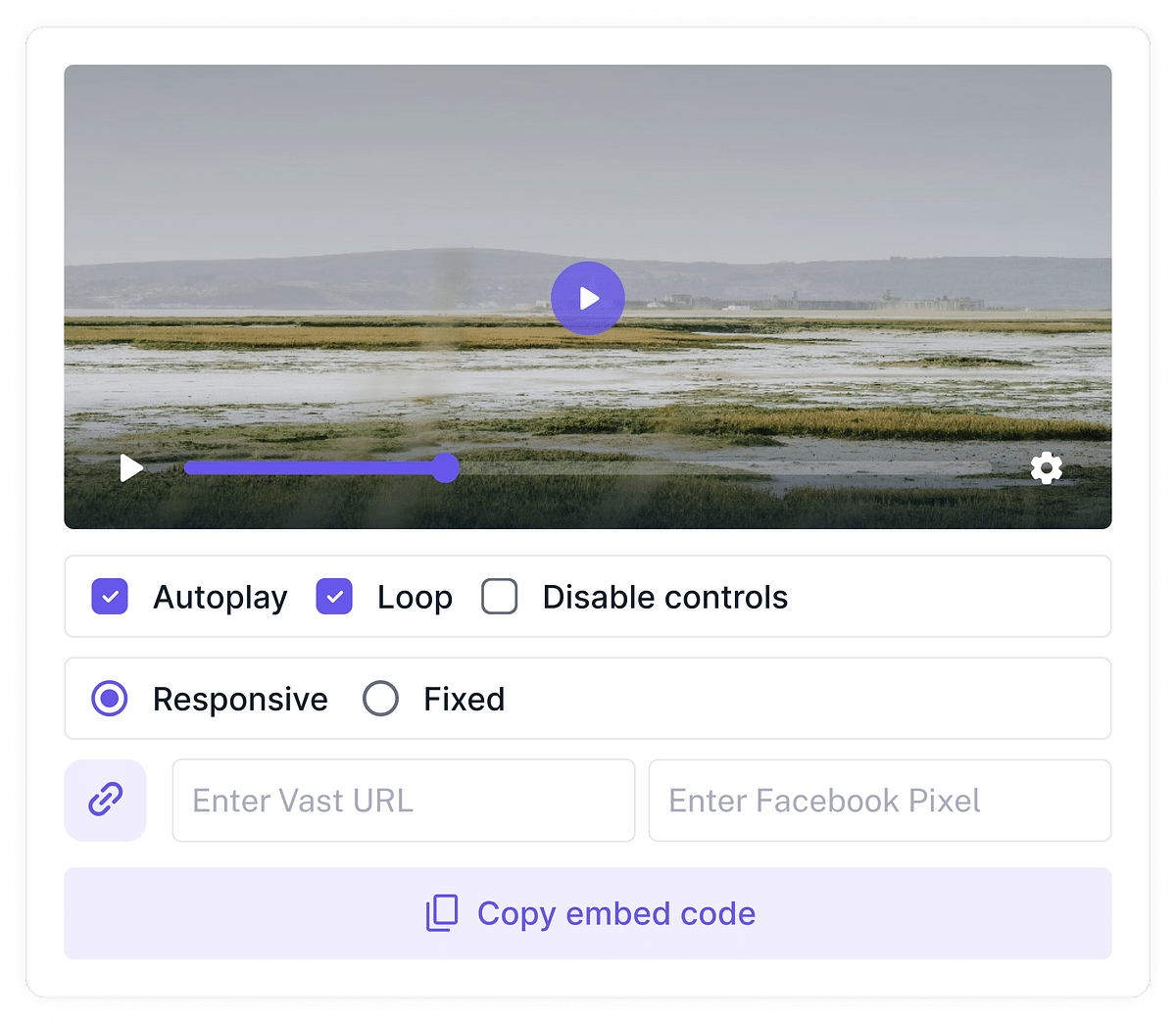What Is An MKV File? A Comprehensive Guide To Understanding And Utilizing MKV Files
You’ve probably stumbled upon the term “MKV file” while downloading movies, TV shows, or any kind of multimedia content. But what exactly is an MKV file? Is it some fancy new format you need to understand? Or is it just another file extension that’s been around for ages? Let’s dive in and break it all down for you!
In today’s digital age, file formats matter more than ever. Whether you’re a tech enthusiast or someone who simply loves binge-watching their favorite shows, knowing what MKV files are can be a game-changer. In this guide, we’ll explore everything you need to know about MKV files, why they’re so popular, and how you can make the most out of them.
So, if you’ve ever wondered why MKV files are considered superior to other formats or how they differ from MP4, AVI, or even WMV, you’re in the right place. Let’s get started and turn you into an MKV expert!
Read also:Ruth Lowenkron The Remarkable Journey Of A Trailblazing Woman
What is an MKV File?
An MKV file, short for Matroska Video, is an open-standard container format that can hold multiple types of media within a single file. Think of it as a digital Swiss Army knife for video, audio, subtitles, and even images. It’s like having a box that can store everything you need for a movie night in one convenient package.
One of the coolest things about MKV files is their flexibility. They support a wide range of codecs, which means you can use virtually any video or audio format inside an MKV container. This makes MKV files super versatile for users who want high-quality media without worrying about compatibility issues.
But wait, there’s more! MKV files are also known for their ability to preserve the original quality of the content. Unlike some other formats that compress files to save space, MKV strikes a balance between quality and file size, making it a favorite among video enthusiasts and professionals alike.
Why Should You Use MKV Files?
Here’s the deal: MKV files are not just another file format; they’re a game-changer for anyone who values flexibility and quality. If you’re still not convinced, here are some reasons why you should consider using MKV files:
- High-Quality Media: MKV files are designed to maintain the best possible quality for both video and audio, ensuring your favorite movies look and sound amazing.
- Multiple Subtitle Tracks: Say goodbye to the hassle of downloading separate subtitle files. MKV files can include multiple subtitle tracks right inside the file, so you can switch languages or turn them off with ease.
- Compatibility: MKV files are compatible with most modern media players, so you don’t have to worry about your device not supporting the format.
- Open Source: Since MKV is an open-standard format, it’s free from proprietary restrictions, giving you full control over your media files.
So, whether you’re a casual viewer or a hardcore media collector, MKV files offer something for everyone. And trust me, once you start using them, you won’t want to go back to other formats!
How MKV Files Work
To truly understand MKV files, you need to know how they work under the hood. At its core, an MKV file is a container that holds different types of media streams, such as video, audio, and subtitles. These streams are encoded using various codecs, which are essentially algorithms that compress and decompress the data.
Read also:Why Do Some People Say Captain Kirk Has Three Ears Letrsquos Dive Into This Fascinating Mystery
What makes MKV files special is their ability to support a wide range of codecs. For example, you can use popular video codecs like H.264, H.265 (HEVC), or VP9, along with audio codecs like AAC, MP3, or DTS. This flexibility allows you to create MKV files that meet your specific needs, whether you’re prioritizing file size or video quality.
Another cool feature of MKV files is their support for chapters and metadata. This means you can organize your media into sections, making it easier to navigate long videos or audiobooks. Plus, you can add metadata like titles, descriptions, and cover art to make your files more informative and visually appealing.
Key Features of MKV Files
Let’s break down the key features of MKV files that make them stand out from other formats:
- Multiple Audio Tracks: MKV files can include multiple audio tracks, allowing you to switch between different languages or audio commentary.
- Subtitle Support: As mentioned earlier, MKV files can store multiple subtitle tracks, giving you the freedom to choose your preferred language or disable subtitles altogether.
- Chapters and Metadata: MKV files support chapters, making it easy to navigate through long videos. They also allow you to add metadata, such as titles and descriptions, for better organization.
- Lossless Compression: MKV files can be compressed without losing any quality, making them ideal for archiving high-quality media.
These features make MKV files a top choice for anyone who wants a versatile and feature-rich container format for their media files.
Advantages of Using MKV Files
Now that you know what MKV files are and how they work, let’s talk about their advantages. Here are some of the top benefits of using MKV files:
- Superior Quality: MKV files are known for their ability to preserve the original quality of the media, ensuring your videos look and sound amazing.
- Flexibility: With support for multiple codecs and media streams, MKV files give you the freedom to customize your media files to your liking.
- Compatibility: MKV files are compatible with most modern media players, so you don’t have to worry about your device not supporting the format.
- Open Source: Since MKV is an open-standard format, it’s free from proprietary restrictions, giving you full control over your media files.
Whether you’re editing videos, streaming movies, or simply watching your favorite shows, MKV files offer a level of quality and flexibility that’s hard to beat.
Disadvantages of MKV Files
Of course, no file format is perfect, and MKV files are no exception. Here are some potential downsides to consider:
- Large File Sizes: While MKV files can be compressed, they tend to be larger than other formats like MP4, which can be a problem if you’re short on storage space.
- Compatibility Issues: Although MKV files are compatible with most modern media players, some older devices and software may not support the format.
- Complexity: MKV files can be more complex to work with compared to simpler formats like MP4, especially if you’re not familiar with codecs and container formats.
Despite these drawbacks, the advantages of MKV files often outweigh the disadvantages for most users, especially those who prioritize quality and flexibility.
How to Open an MKV File
Opening an MKV file is easier than you might think. Most modern media players, such as VLC, MPC-HC, and PotPlayer, support MKV files out of the box. Simply download and install your preferred player, then double-click the MKV file to start playback.
If you’re using a device that doesn’t have a built-in MKV player, you can download a codec pack like K-Lite Codec Pack, which includes everything you need to play MKV files. Just make sure to choose the correct version for your operating system and follow the installation instructions carefully.
And if you’re on a mobile device, there are plenty of apps available that support MKV files, such as MX Player for Android and VLC for iOS. So, no matter where you are or what device you’re using, you can enjoy your MKV files with ease.
Best Media Players for MKV Files
Here are some of the best media players for playing MKV files:
- VLC Media Player: A free and open-source player that supports virtually every file format, including MKV.
- MPC-HC: A lightweight player designed specifically for Windows, offering excellent performance and customization options.
- PotPlayer: Another popular choice for Windows users, known for its advanced features and stability.
- MX Player: A top-rated app for Android devices, offering smooth playback and subtitle support.
With so many great options available, you’re sure to find a media player that meets your needs and works seamlessly with MKV files.
How to Convert MKV Files
If you ever need to convert an MKV file to another format, such as MP4 or AVI, there are plenty of tools available to help you. Some popular options include HandBrake, FFmpeg, and Any Video Converter. These tools allow you to easily convert MKV files while preserving their quality and features.
When converting MKV files, it’s important to choose the right settings to ensure the best possible output. For example, you can adjust the video resolution, bitrate, and audio quality to optimize the file for your specific needs. And if you’re converting to a format that doesn’t support multiple audio or subtitle tracks, you’ll need to decide which ones to include in the final file.
Just remember that converting MKV files can be time-consuming, especially for large files or high-quality content. So, it’s always a good idea to plan ahead and give yourself enough time to complete the process.
Tips for Working with MKV Files
Here are some tips to help you get the most out of your MKV files:
- Use a Reliable Media Player: As mentioned earlier, VLC, MPC-HC, and PotPlayer are all great options for playing MKV files. Make sure to choose a player that supports all the features you need.
- Organize Your Files: Use chapters and metadata to organize your MKV files and make them easier to navigate. This is especially useful for long videos or audiobooks.
- Backup Your Files: Since MKV files can be large, it’s a good idea to back them up regularly to prevent data loss. Consider using cloud storage or an external hard drive for added security.
- Experiment with Codecs: Don’t be afraid to experiment with different codecs to find the best balance between quality and file size. This can help you optimize your MKV files for different devices and use cases.
By following these tips, you can ensure that your MKV files are always in top condition and ready to be enjoyed whenever you want.
Conclusion
In conclusion, MKV files are a powerful and versatile container format that offers superior quality, flexibility, and compatibility. Whether you’re a casual viewer or a professional media editor, MKV files have something to offer everyone. And with the right tools and knowledge, you can easily work with MKV files and make the most out of them.
So, the next time you come across an MKV file, don’t be intimidated. Embrace the format and discover all the amazing things it has to offer. And if you have any questions or need further assistance, feel free to leave a comment below or check out our other articles for more tips and tricks.
Happy viewing, and may all your MKV files be smooth sailing!
Daftar Isi
- What is an MKV File?
- Why Should You Use MKV Files?
- How MKV Files Work
- Advantages of Using MKV Files
- Disadvantages of MKV Files
- How to Open an MKV File
- Best Media Players for MKV Files
- How to Convert MKV Files
- Tips for Working with MKV Files
- Conclusion


